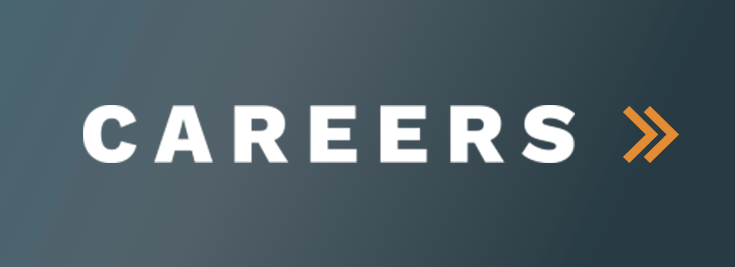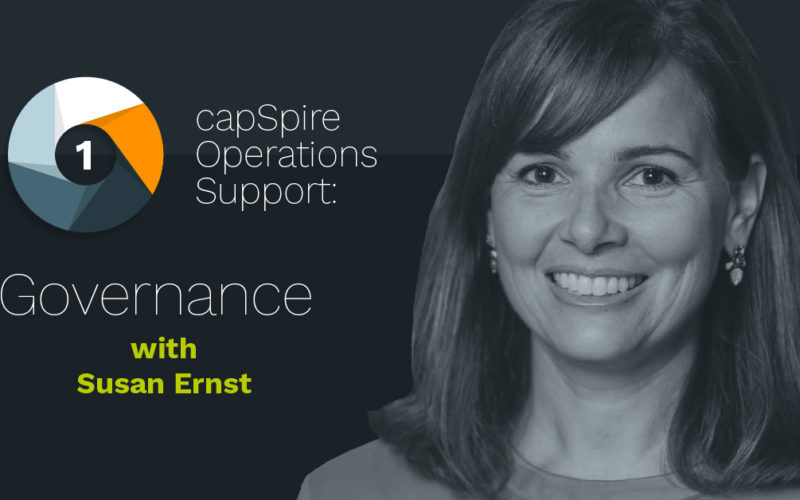- How can I trust this support team to deliver what they say they’re going to do?
- How are they arriving at their recommendations, and how do I know whether these are the right solutions for my needs?
- How come I don’t hear from my support team?
- What are they doing, exactly?
- Is my system performance improving? How do I know for sure what success looks like?
- What am I supposed to be doing, if anything?
It’s critical that companies know the answers to these questions so they can be sure they’re getting the desired results from their support team—and that they’re maximizing their substantial investment in a CTRM system.
If key performance indicators (KPIs) and goals aren’t set, roles well-defined, responsibilities clarified, processes and reporting put in place, and regular communication established, then it’s easy to question the value that a support partner provides. In this situation, a support team can’t demonstrate any accountability to a company. They certainly aren’t being transparent.
This is about proper governance, which impacts client trust.
At capSpire, how we manage and control our CTRM operations support is one of our strongest differentiators.
Our framework helps us to monitor and control our performance and provide the accountability that our clients look for:
Client empowerment
We don’t think it makes us look any smarter or more powerful to hold all the knowledge about a company’s CTRM system within our team. Instead, we aim to set clients up for success.
Our approach is about transparency and empowerment.
That’s why we promote opportunities for learning and knowledge sharing so our clients’ personnel can become more self-sufficient.
Well-defined and agreed-upon processes
We have a clear and thoughtful structure built around case support. This involves clarifying goals, setting expectations for clients about what the process and end result will look like, outlining clear roles and responsibilities for both sides, and following best practices.
We do this to lay a solid foundation to push tasks forward and show clients that we’re making progress on their CTRM system issues or enhancements. Clients know what we’re working on at all times, and they understand what they need to do as well.
However, within our structure, we allow for a large degree of flexibility in how we deliver support services to best meet clients’ unique needs. For example, we’re happy to use a client’s support portal or ticketing system.
Robust reporting
We have the standards and tools in place to monitor our performance and demonstrate the progress and quality of our work—and even show where and how we can improve. After all, everyone wants to talk about what they’re doing right, but few consultancies are transparent and client-focused enough to discuss what they’re doing wrong and how to fix it.
We advocate for consistent status reporting and checkpoints to ensure our progress is being tracked, KPIs are being met, and case resolutions are on schedule.
The frequency of reporting depends on client preference.
Behind our reporting are extremely knowledgeable, well-trained CTRM experts who have an in-depth understanding of your particular system and your business.
Regular communication
We want our relationships with clients to be collaborative—a true partnership. We want clients to be able to rely on us to pick up where their internal IT team lacks capacity. We also want them to have confidence in our recommendations.
That’s why we maintain regular client contact, including weekly meetings, to establish consistent, two-way communication throughout each engagement. This is our opportunity to collect feedback—to ensure that clients are happy with our services and that we understand their priorities. We also explain to them the rationale behind our decisions and how they’ll benefit.
With capSpire, you won’t question what’s happening with your CTRM system and whether you’re getting the maximum value for your support spend—because you’ll be an active part of the process, each step of the way.
Previously, my colleague Dave Webb wrote about why having a commodity trading and risk management (CTRM) operations support partner is so beneficial. To expand on the conversation about why capSpire is different from other CTRM consultancies, read more about what else, in addition to our governance, sets us apart: our service delivery, user engagement, quality of support, and our dedication to continuous improvement. capSpire’s Operations Support team has the unique combination of system expertise and business and industry experience required to successfully troubleshoot, maintain, monitor, and enhance clients’ complex and often customized CTRM systems. To be trusted by and easily accessible to some of the world’s leading energy and commodities companies, our team is strategically located in in-demand regions around the globe. Learn about how we produce raving fans with our Better Way mentality by visiting www.capspire.com.
If you have any questions about capSpire’s operations support, please contact me and my team at operations@capspire.com.
Susan Ernst is a managing consultant in capSpire’s energy and commodity consulting practice with 20 years of development, product implementation, and senior management experience. Her motivation for building the capSpire delivery framework is from a belief that strong project methodologies lay the foundation for successful project delivery. Results-oriented with strong analytical and problem-solving skills, Susan leads engagements and delivering high-quality enterprise solutions for clients across the energy space.
About capSpire











